June Jams for Helping Hands

DHS STUDENTS HEAR about Helping Hands all the time: money is donated to them during Spirit Week, their fundraising events are advertised on the morning announcements, and they have sold raffle tickets at lunch. Still, it is not uncommon for a student to have only a general idea of what Helping Hands does or no clue at all.
Helping Hands is an organization that has been raising money for DHS students and families since 2006. It started when former teacher Marshall Gerstenblatt learned about a student whose family was in trouble financially. In a single day, he raised $500 for that student and realized that he could help more students. Mr. Gerstenblatt, along with a group of students and faculty, created Helping Hands and has since impacted hundreds of families.
The money goes to students living in poverty and is used to pay for prom tickets, yearbooks, field trip fees, senior t-shirts, summer school tuition, school supplies, etc. Most of the funds are used to purchase gift cards to Stop & Shop, Walmart, or Target so families can buy food, gas, and other goods.
This school year $4269 was given to 40 students and families, according to Helping Hands Committee member and School Social Worker Catherine Thomas. Compared to the two previous years, this is a low amount. $6813 was given in the 2016-2017 school year and $5488 in 2015-2016. The difference is due to the Class of 2018 not donating their remaining funds toward Helping Hands as previous classes have done.
Helping Hands is now run by Ms. Thomas, along with Business Teacher Steven Charest and Geometry Teacher Robyn Eusebio. “Teachers who see a student in need let us know, and we help the student,” Mr. Charest said.
A student component of Helping Hands led by junior Shane Rose has also formed to assist in promoting and raising awareness of the group’s mission. Rose first became passionate about helping those in poverty while volunteering for Youth Court as a defense attorney.
“I noticed that many students that had committed minor crimes or school infractions were living in poverty,” he said. “So I did some research and discovered that students living in poverty are more likely to drop out of high school and get low paying jobs, and that these families get stuck in this cycle of poverty.”
According to Rose, 6.3% of Dartmouth residents live in poverty and 24% of DHS students come from low-income families. These harrowing statistics led Rose to asked Guidance Counselor Jodi Newbury about different fundraising options he was considering and was directed to Helping Hands.
Rose has encouarged other students to join him in working with the group. Students are not privy to the names of those they are assisting but can participate in organizing events. Their current goal is to execute a successful fundraiser, June Jams, which will be held on June 15 at 7 pm. Students, teachers, alums, and community members will perform live music. Acts include Chemistry Teacher Melissa Pavlick; senior Kailey Humason; “The Evidence,” a band featuring DHS students; alumna Victoria Costa; Mr. Charest’s band; and more.
Previously the fundraiser was known as the Coffee House. This year, the name changed to reflect the more upbeat performances. The event will also be held in the auditorium instead of the Media Center. Tickets will be sold before school and during all three lunch shifts for $5 and at the door for $7. All proceeds will go to Helping Hands.
“People should attend the fundraiser to support their fellow students,” Rose said. He encourages students to spread the word to friends and classmates.
Students interested in working with the Helping Hands Committee should email Rose at his school email.
Mr. Charest sees the student involvement as favorable. “Students are a big part of Helping Hands,” he said. “They bring energy, spirit, volunteerism, and compassion.”

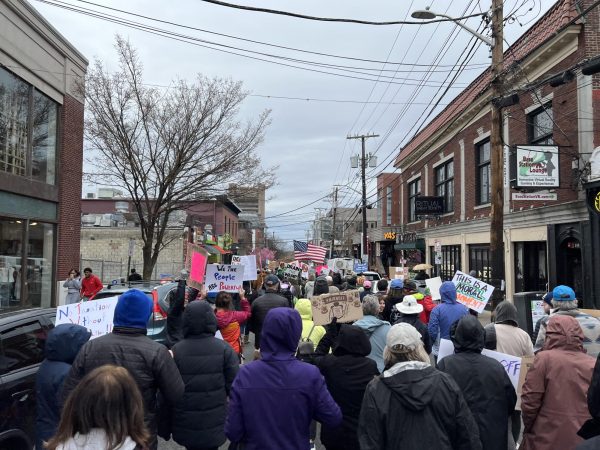
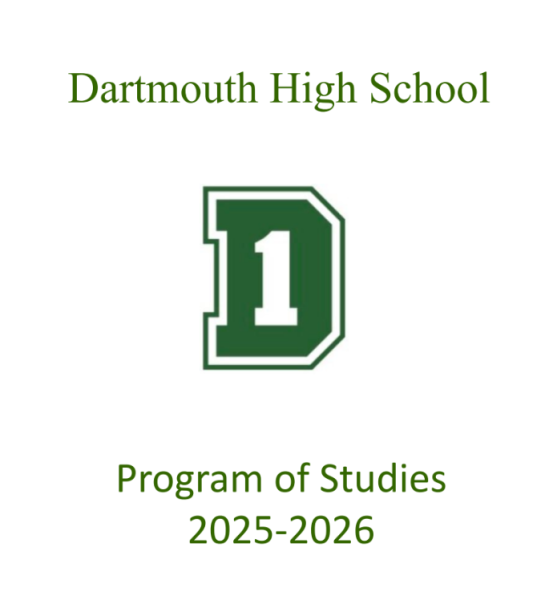
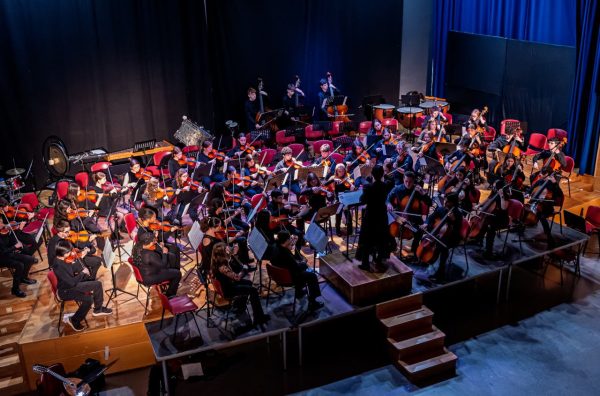
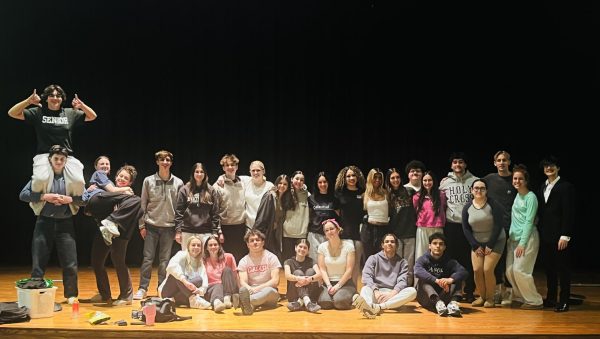
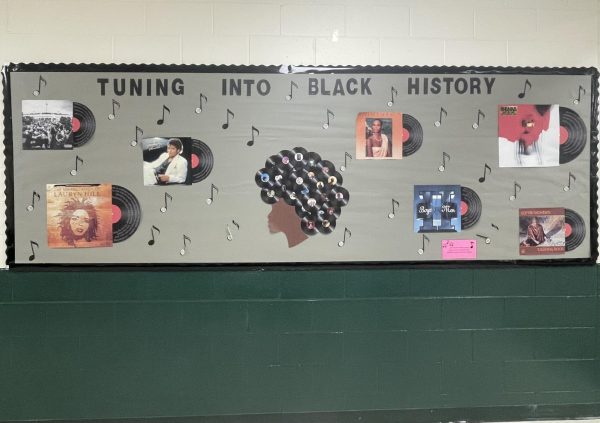
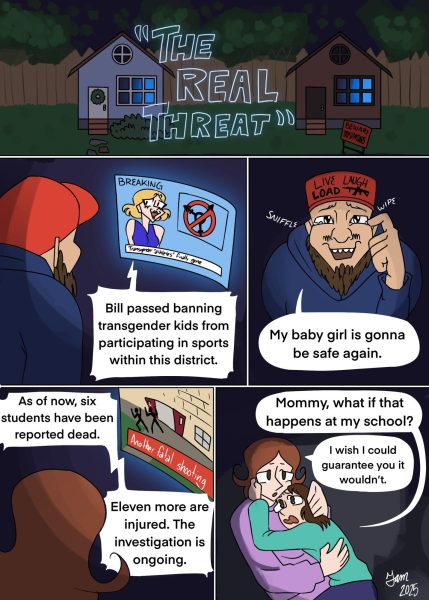


Nicole Sheahan • Jun 13, 2018 at 6:50 pm
Thank you for promoting awareness of Helping Hands’ unseen contributions to the DHS community AND for including data about a percentage of students who do not the life that so many assume is the norm for all Dartmouth students. It is very easy to believe that others’ realities are at least similar to our own, but I’ve taught in Dartmouth a long time, and we have always had students who face life struggles that eclipse the “typical high school drama” that devastates some of their peers.
I do feel the Class of 2018 comment could have been approached in a more tactful way, but maybe your article will encourage more conversations around this.